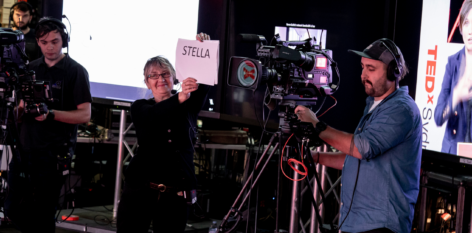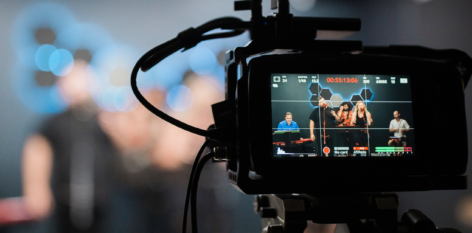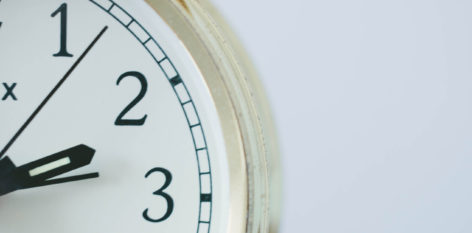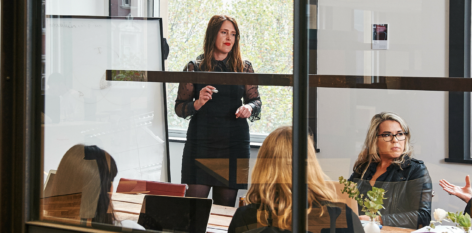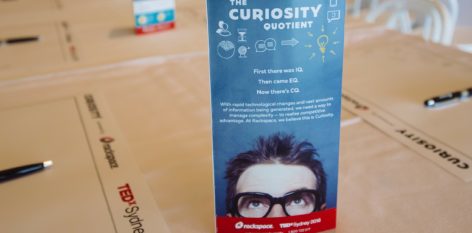There’s no question, we live in a very noisy world, full of unrelenting waves of ads, stories, music, voices and loud material continually bombarding us. And, it’s not just our outer world that’s noisy, our inner worlds are shouting at us too about what we should have done or become.
Writing on this topic reminded me of something my grandmother said to me, ‘you only have one mouth but two ears’. So listen, and you might learn something new; speak, and you only repeat what you already know. I know now it’s a famous quote by Epictetus.
“We have two ears and one mouth so that we can listen twice as much as we speak.” – Epictetus
Even though I was a teenager at the time, it still made me stop and think. In the first few years of our lives, we’re taught to speak; it’s a significant development milestone. But, listening is equally important and is often overlooked by parents, educators and even bosses.
So, in this frenetic world, how do we embrace listening and silence and use it to our advantage? And, does being a better listener make us a better human?
Listening is hard
It can be hard to suppress the urge to speak more than listen. In this information age full of noise, our minds are so distracted we feel we must talk now before we forget what we wanted to say and therefore unburden our mind with one less piece of information.
We may think we are listening, when in fact we’re formulating our response – already missing much of what’s being said. By making yourself aware of what the other person is saying versus waiting for a pause in the conversation to reply, you’re actively consuming your companion’s thoughts and feelings.
Filtering the information and the noise
“The information we consume matters just as much as the food we put in our body. It affects our thinking, our behaviour, how we understand our place in the world. And how we understand others.” — Evan Williams, Co-Founder of Twitter and Medium.
So, with so much noise and information, how do we ever take in what we need to receive to make sense of the world? The world is competing for our attention. We need to go back to a quiet time and listening can help. It’s important to remember that silence is not our enemy.
Improving your listening skills
Active listening is “the act of mindfully hearing and attempting to comprehend the meaning of words spoken by another in a conversation or speech”.
While we all learnt to speak as children, very few of us were taught how to listen—the active, disciplined kind. This kind of listening helps us examine and challenge the information we hear to improve its quality and quantity, therefore enhancing our decision-making.
By taking an active interest in the other person, avoiding interrupting them, and giving appropriate nonverbal cues e.g. eye contact, nodding in appreciation and facial expressions, you are not only showing respect to the speaker but they are also more likely to reciprocate as well.
In Judy Atkinson’s 2017 TedxSydney Talk she explains the Value of Deep Listening and its role in healing with Aboriginal and Torres Strait Islander peoples. She describes her approach to healing – and it’s all about listening. To heal, the stories behind the trauma must be heard.
We should never underestimate how much people want to feel that they have been heard. Once you have given them that chance they will hear you in turn.
We invite you to practice the art of listening at TEDxSydney 2018. Engage in less small talk and deeper conversations that might encourage more meaningful connections.


